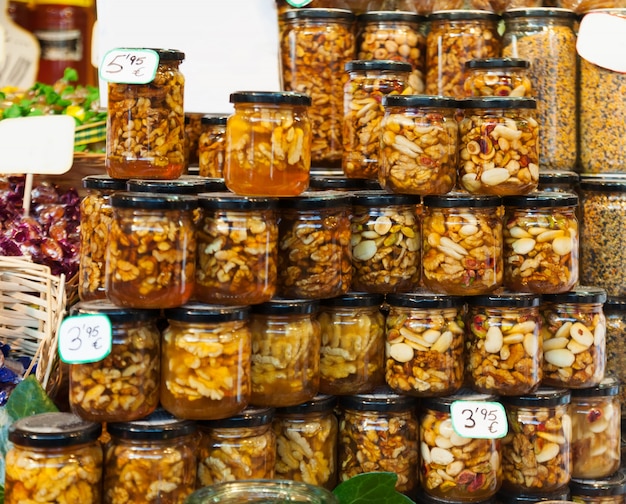
Fermented foods like sauerkraut, kimchi, and kefir are becoming very popular. But can they really boost your health? Let’s dive into it.
Over a decade ago, Donna Schwenk, then pregnant with her third child, faced serious health issues. She developed preeclampsia, followed by diabetes, high blood pressure, and severe fatigue after her baby, Holli, was delivered prematurely by C-section.
Schwenk began searching for solutions to improve her health and care for her newborn. She discovered a book, “The Body Ecology Diet” by Donna Gates, which talked about kefir, a fermented milk drink rich in bacteria. Intrigued, Schwenk tried kefir, adding it to Holli’s bottles and also drinking it herself. The results were astonishing. Within a month, the baby had gained four pounds, and within 12 weeks, Schwenk’s blood sugar and blood pressure normalized. She felt better than she had in years.
Schwenk is now a firm believer in the power of fermented foods and even wrote “Cultured Food for Life.” She credits such foods for improving digestion, immunity, weight management, and even mood.
The growing interest in fermented foods is supported by emerging research. For instance, Schwenk starred in a PBS special that explored the health benefits of fermented foods. The New York Times has also recognized fermented foods as a future food trend.
The idea of fermenting foods, although trendy now, is not new. Michael Pollan, a healthy eating advocate, highlighted this in his book’s forward, sharing how fermentation is becoming a staple in his kitchen. Similarly, LA nutritionist Kimberly Snyder advises her clients, including celebrities, to consume fermented vegetables daily for better skin, energy, and weight management.
Clinical nutritionist Kathie Swift emphasizes gut health’s importance, as it impacts digestion, vitamin absorption, and overall well-being. Issues in the gut can manifest as various health problems. Research has shown that gut bacteria greatly influence various bodily functions, including the immune system and mood regulation through chemicals like serotonin.
Scientists have even demonstrated that altering gut bacteria can lead to significant changes in weight and anxiety in rodents. With around 100 trillion bacteria in the human gut, diet, stress, antibiotics, and medications can shift the balance between good and bad bacteria.
Daniel O’Shaughnessy, a nutritional therapist, explains that bad bacteria thrive on refined carbs and sugar, leading to health issues over time. Fermented foods can help repopulate the gut with good bacteria, potentially alleviating symptoms of various conditions. However, he cautions against relying on store-bought probiotic drinks that may contain too much sugar and transient bacteria.
The variety of fermented foods, such as kefir, sauerkraut, and kombucha, introduces different strains of beneficial bacteria. For the best results, incorporating a mix of these foods into your diet is recommended over taking probiotic pills that might not be as effective.
While fermented foods have been part of traditional diets worldwide, they are now being recognized for their enhanced nutrient availability and digestive benefits. For instance, Japan’s high life expectancy is partly attributed to regular consumption of fermented foods.
Before adding too much fermented food to your diet, Jill Ciciarelli advises starting slow to avoid digestive discomfort. Begin with small amounts and gradually increase the variety and quantity. Look for products labeled “raw” with “live cultures” and try making your own fermented foods using simple ingredients.
Popular fermented foods like kefir, miso, sauerkraut, and kombucha offer convenient options for boosting gut health. Each has its unique process and health benefits, providing delicious ways to support overall well-being. So, if you’re interested in improved digestion, immunity, and more, it might be worth giving fermented foods a try.